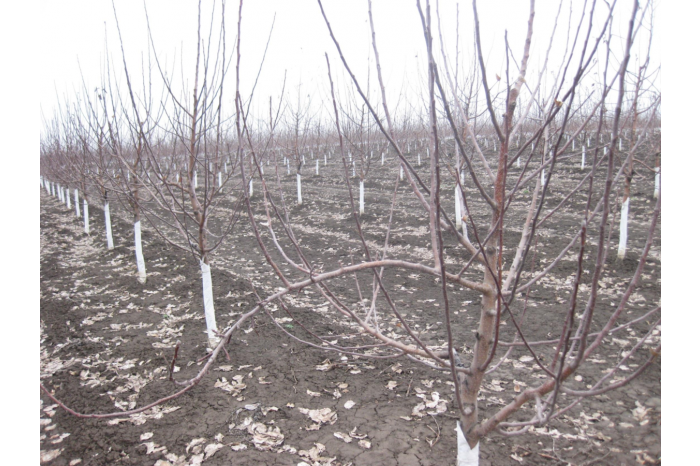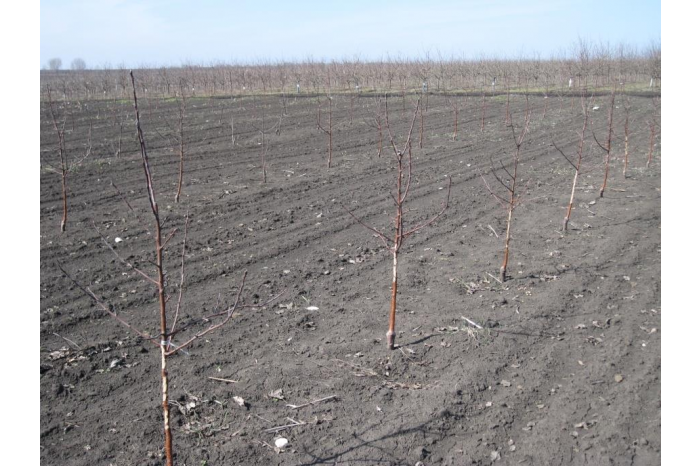Moldovan agriculture ministry says warm weather worrying in December, yet not critical for agriculture
14:53 | 23.12.2019 Category: Economic
Chisinau, 23 December /MOLDPRES/ - The state of weather, with spring-like air temperatures, is worrying for agriculture, yet, not critical, a head of directorate at the Agriculture, Regional Development and Environment Ministry (MADRM), Vasile Sarban, has told MOLDPRES.
According to the MADRM specialist, for the time being, the state of weather is not serious for the winter crops – wheat, rape, barley, etc. “The seeds in the soil had possibility for germination and development, to which the warm air temperatures and recent precipitation, including the condensed fog, contributed. Yet, this state of things should not be long-lasting; or, in this respect, meteorologists’ forecasts are optimistic, as they say that the air temperatures will have a tendency of decreasing on the next period, with evolution of temperatures below zero,” Sarban noted.
The situation in case of fruit trees is more complicated, as they are in a state of rest and for this they need negative air temperatures and a snow layer. “If the current weather is maintained, there is a risk for the fruit trees to return to vegetation and to bud. Thus, afterwards, an eventual severe frost might compromise the next year harvest,” Vasile Sarban told MOLDPRES.
Referring to the bee sector, given that more beekeepers say that the warm weather triggered the bees’ getting out of beehives, the MADRM decision-maker confirmed that the bees fly out of the beehives at air temperatures of +10 degrees; yet, this fact cannot be necessarily alarming for this period.
„These flying outs by bees are also flights on cleaning purposes, quite necessary for the species. At the same time, in the lack of flowers, the bees will not fly far from the beehives. Nevertheless, on the cold period, beekeepers should always monitor the bee families, in order to urgently intervene if needed, being prepared for the periods of warming, as well as for severe frost. At the same time, producers must follow whether the bees have food, access to hydration. During winter, bees must be nourished additionally with cakes, vitamins, sugar or honey,” Vasile Sarban also said.
At the same time, sources from the State Hydrometeorological Service (SHS) said that the stable passing of the air temperature through the 0ºC value towards decreasing (beginning of the meteorological winter) was registered, in general, in the first ten-day period of December and in the second one in southern regions: “There were years with a mild and warm December; yet, experience shows that this fact does not mean that we will not have true winter. Factually, the season is just at the beginning and we will still have frost and snow. And the winter solstice, which occurred on 22 December, marks the beginning of the astronomic winter, as well as of the coldest three months of the year, in the Northern Hemisphere.
According to the World Meteorological Organization, the 2019 year marks the final of a ten-year period with extremely high air temperatures, decrease of the ice layer and a record increase of the sea waters’ level globally, because of the greenhouse gas issued as a result of people’s activity.


